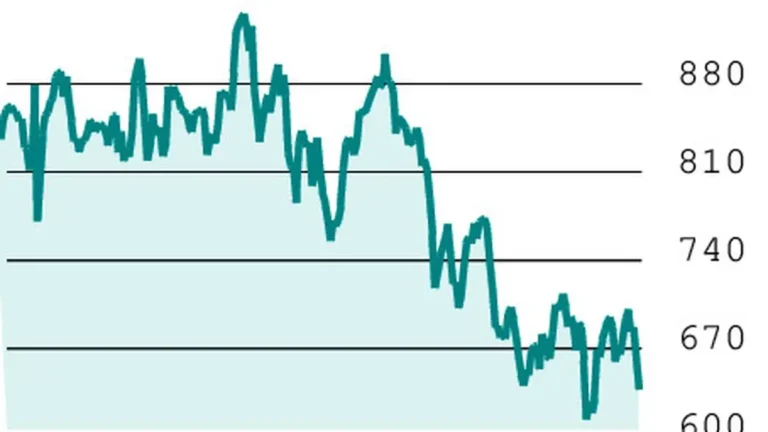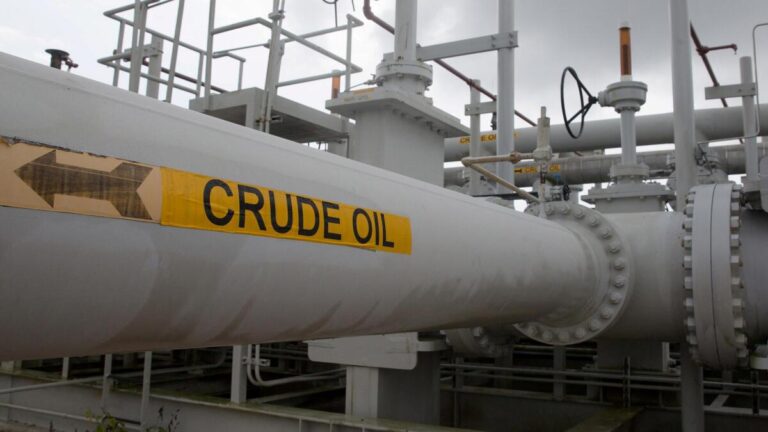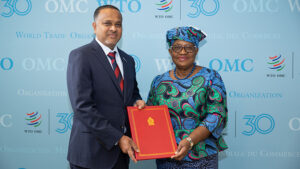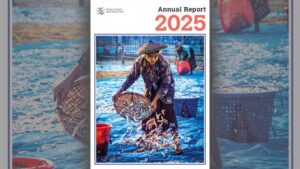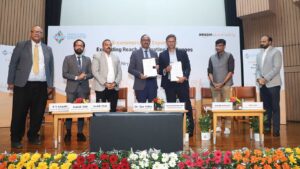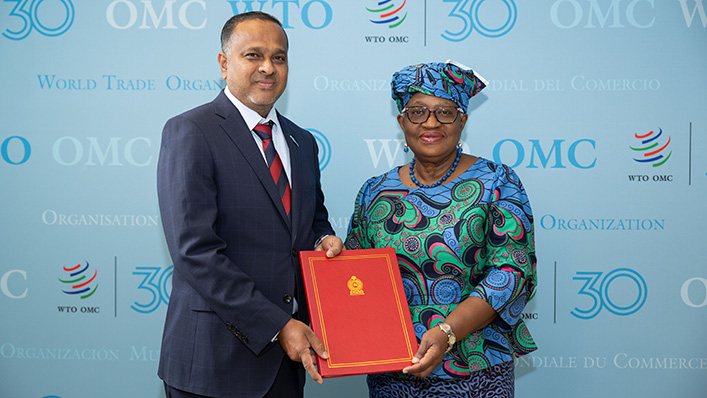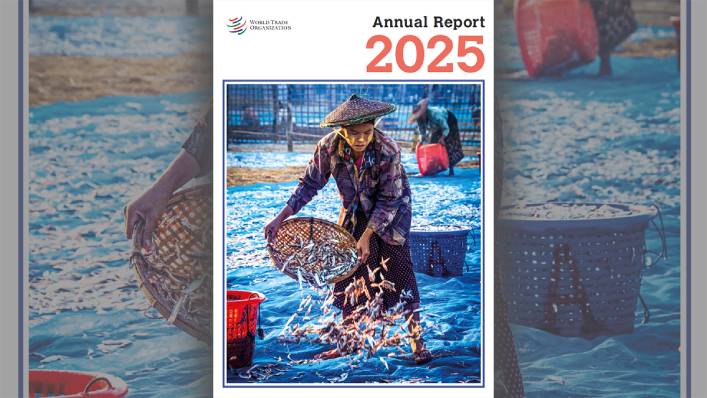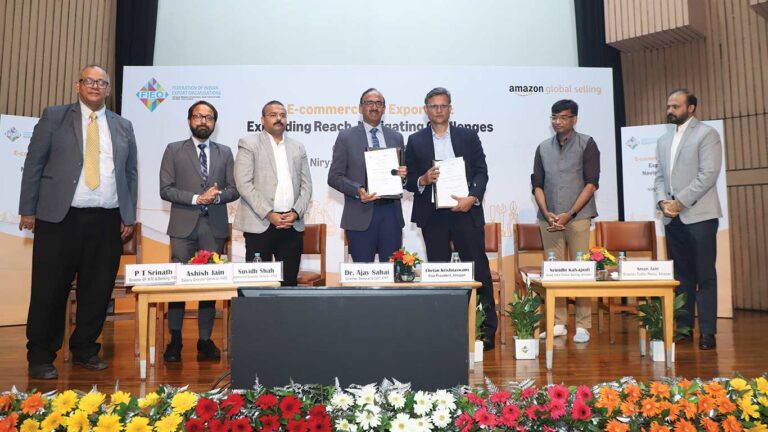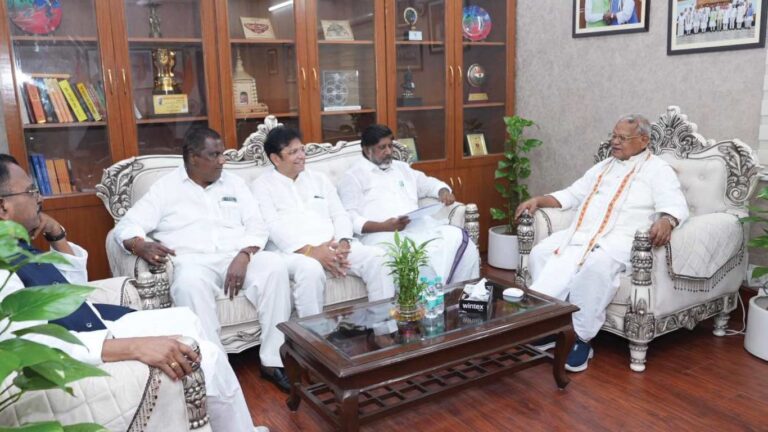New Delhi, Jun 11 (KNN) Over the past 11 years, the Government of India has implemented a series of significant policy measures aimed at strengthening the Micro, Small, and Medium Enterprises (MSME) sector.
These initiatives span areas such as credit support, payment facilitation, formalisation, and ease of doing business—especially critical during the COVID-19 crisis.
The government enhanced public procurement requirements for MSMEs, increasing mandatory procurement from 20 percent to 25 percent.
Under the Emergency Credit Line Guarantee Scheme (ECLGS), MSMEs received additional loans equivalent to 20 percent of their outstanding amounts without requiring collateral security.
The Credit Guarantee Trust for Micro and Small Enterprises (CGTMSE) coverage was progressively expanded from Rs 2 crore to Rs 5 crore, and subsequently to Rs 10 crore.
Collateral-free loans for technology upgradation were made available up to Rs 10 crore for machinery purchases.
The Mudra Yojana scheme provided loans up to Rs 10 lakh without collateral for self-employment purposes, benefiting 50 crore individuals across eleven years of implementation.
Provisions under the MSMED Act were strengthened to address delayed payments, with the establishment of the Samadhan portal for grievance resolution.
The Finance Act of 2023 introduced Section 43B(h) in the Income Tax Act, effective from April 1, 2024, linking tax deductions to timely payments within specified periods of 15 or 45 days.
The Ministry of Corporate Affairs implemented mandatory disclosure requirements through Form MSME-I, requiring companies to file half-yearly returns detailing payment delays and their reasons.
The Trade Receivables Discounting System (TReDS) registration requirement was initially set for companies with turnover exceeding Rs 500 crore, later reduced to Rs 250 crore. TReDS volumes reached Rs 1.5 lakh crore in 2024.
The Udyam portal was launched to facilitate MSME registration, resulting in 3.7 crore Udyam registrations. The Udyam Assist program has registered over 6 crore enterprises, creating a comprehensive database for the sector.
The Vivad se Vishwas-I scheme addressed performance guarantee forfeitures, with 95 percent of amounts forfeited due to non-supply of goods during COVID-19 and similar circumstances being resolved for MSMEs. This initiative aimed to improve the ease of doing business for the sector.
(KNN Bureau)



